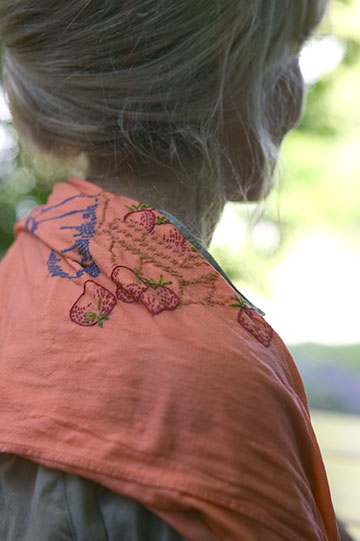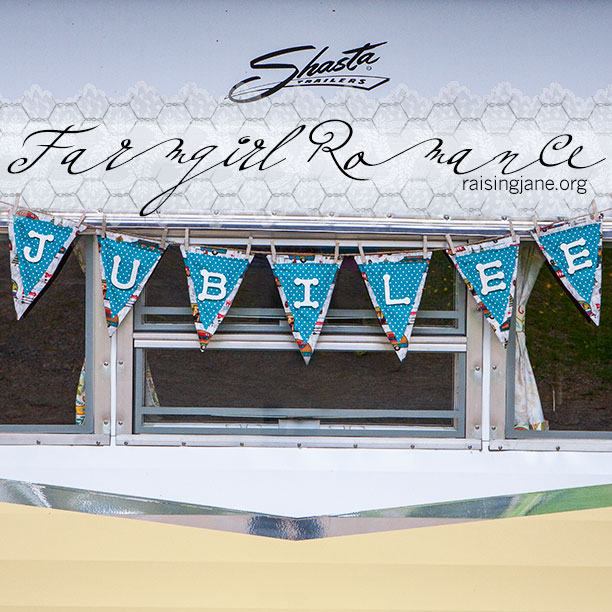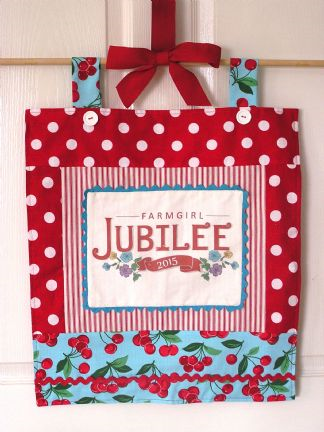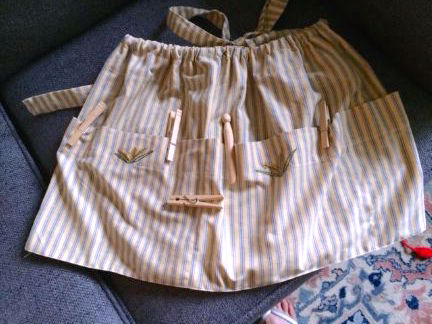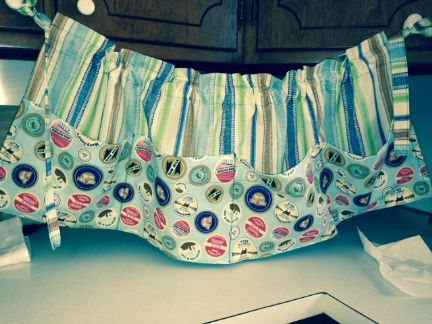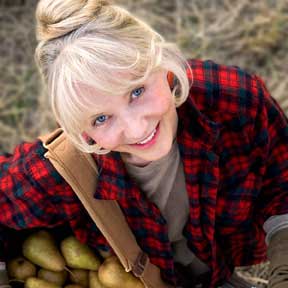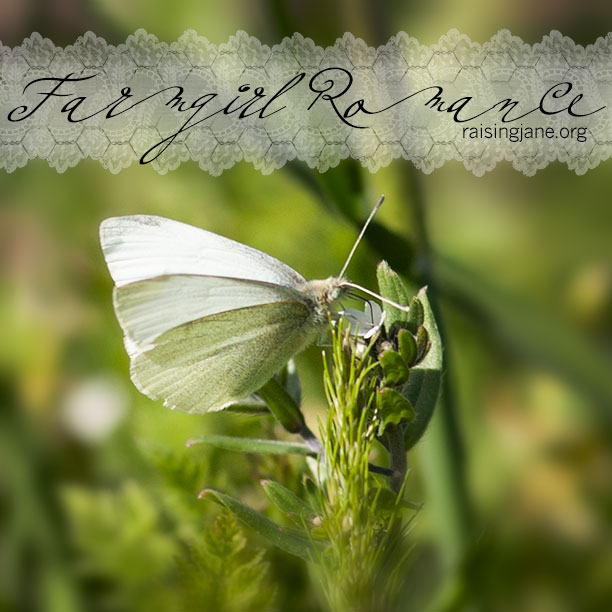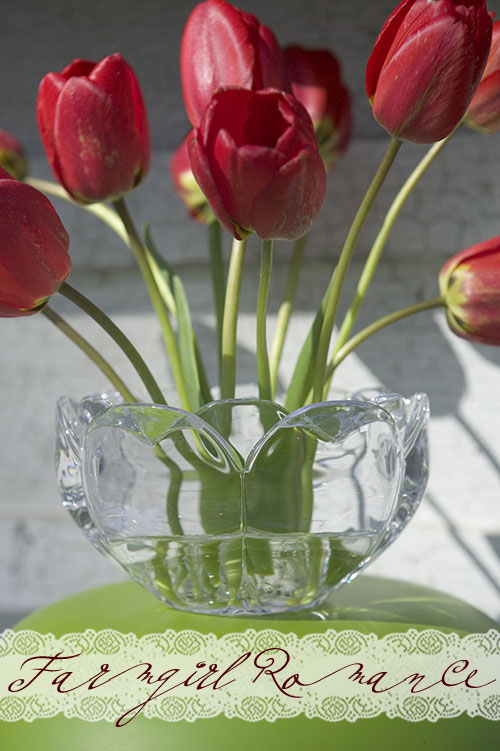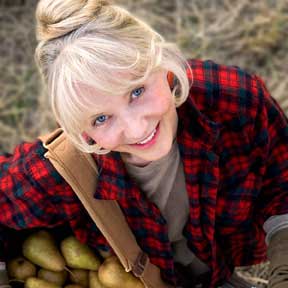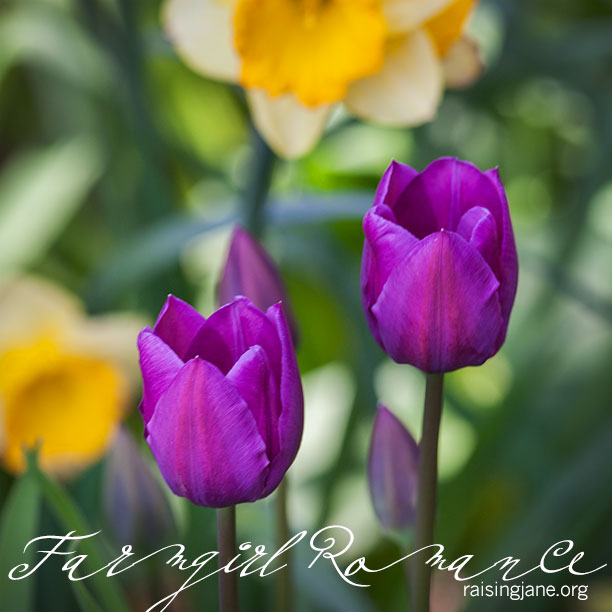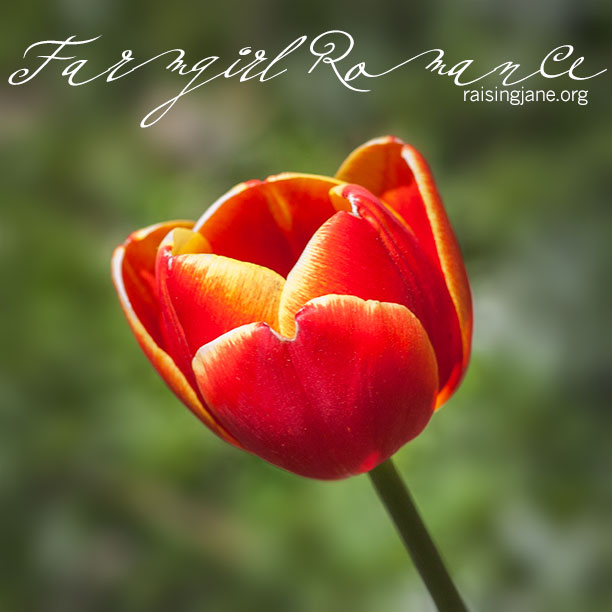It was fun to hear someone use the term “higgledy-piggledy” the other day.
Say what?
You know, higgledy–piggledy, hodge-podge, hurly-burly. These words have more in common than their shared meaning: confusion or disorder. They’re formally called “reduplicative compounds,” meaning paired words that usually differ only in a vowel or consonant. Commonly, they’re called “ricochet words.” Think nitty-gritty, lovey-dovey, tick-tock. Just saying them seems to make the sound ricochet around the room.
Or how about exact reduplications, like bye-bye, boo-boo, or twenty-twenty? Or comparative reduplications like “It’s getting hotter and hotter” or “My cow is getting gentler and gentler.”
One interesting thing about reduplications is that they seem to enter the language at times in history when people are feeling lighthearted and playful. For example, the 1920s (immediately following World War I) spawned reduplicative terms like the bee’s knees, heebie-jeebies, and boogie-woogie.
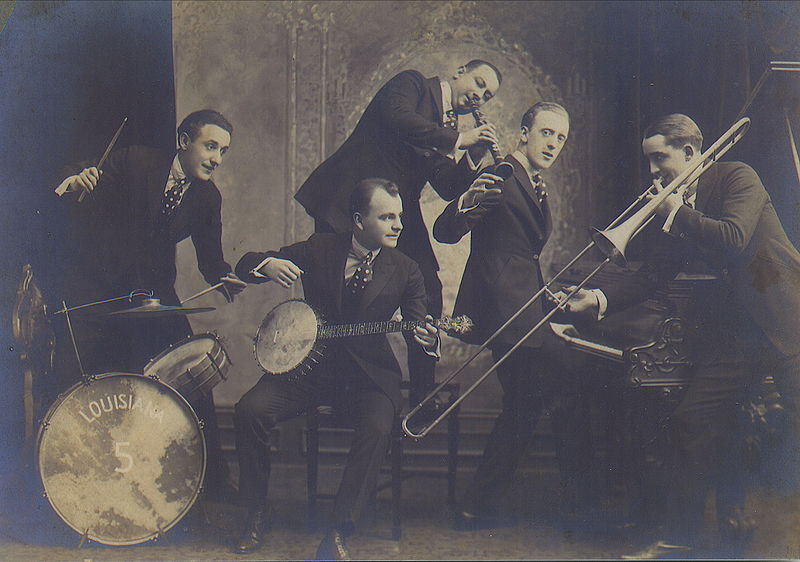
Louisiana Five Jazz Band, 1919, Courtesy of Nunez family collection via Wikimedia Commons
My favorite reduplication?
Shilly-shally.
While its first meaning, when introduced way back in 1703 in Sir Richard Steele’s The Tender Husband, or The Accomplish’d Fools, a Comedy, was to be indecisive,
“I’m for marrying her at once. Why should I stand shilly-shally, like a country bumpkin?”
It’s come to mean, for me at least, an all-purpose piece of cloth for glamping adventures … and you can see how it all started with a bit of indecision. Here’s the explanation from my Ideabook:
“What’s a ShillyShally? I came up with this name for a three-foot-square piece of pure cotton fabric when I once tried to describe my attachment to this versatile piece of cloth. ‘Shill I be a bandanna? Shall I be a bath towel? Shill I be a tablecloth? Shall I be a boa? Shill I be a bathing suit top? Shall I be a hankie? Shill I be a dishtowel?’ It’s all those things and more, and when I’m camping, it becomes my faithful companion as well. Dishtowel fabric, maybe colored, works best, and I prefer one with a bit of embroidery; it just seems more special that way. It has to be thin so it dries out fast and knots easily. Sometimes, I choose pure white, especially when I’m camping in the desert—white just seems to speak ‘reflect’ better. When I’m backpacking, it becomes my ‘blankie’ of sorts, a source of comfort and security.”
